As the reality of creating our own families increases, so do the paths we take to get there. The Law Center for Children and Families reports on a variety of options and success stories.
As everyone reading Our Lives probably knows all too well, LGBT families do not receive the benefits and protections that are granted automatically to other families because under present law, same-sex couples cannot marry. That means LGBT families must be pro-active. But taking action to protect your family legally can be daunting. You have probably put it on your “to-do” list, and there it has sat.
This article will help to demystify the process through which LBGT families must go to protect their families under Wisconsin law, and to impress upon them the importance of acting now and moving this item to the top of the to-do list.
Create a “Co-Parenting Agreement”
If you and your partner are considering having or already have children, the first thing you should do is consult an attorney who can prepare a co-parenting agreement. This is a private agreement between you and your partner in which you set forth how, together, you will care for your child during your relationship, if you separate (called “dissolution”), or if one of you becomes seriously ill or dies.
Co-parenting agreements are unenforceable under Wisconsin law. However, they do have value. Anne and Elizabeth will have an emotional investment to honor the agreement that they created, even if a court will not order them to do exactly as the agreement says. Second, co-parenting agreements memorialize the intent of the parties and the facts of their family. If, for example, Elizabeth and Anne separate and Anne prohibits or restricts contact between Elizabeth and Ashlynn, the co-parenting agreement could remind Anne of her intent in happier times and could form the basis for a visitation action by Elizabeth. In these ways, co-parenting agreements can be valuable tools for protecting a family.
Become a Legal Parent of Your Child
Yes, you can become a legal parent of your partner’s biological child in Wisconsin, despite what you may have heard or read. In fact, LGBT families have multiple paths to parentage from which to choose.
Legal parentage makes LGBT parents in law what they are in fact: parents. The status creates a legally recognized relationship that gives both parent and child many rights, responsibilities, benefits and protections.
If Elizabeth becomes a legal parent to Ashlynn, she would have the right to make major decisions for her, such as consenting to non-emergency medical treatment. She would also have the constitutional right to the care, custody, companionship and control of the child.
Elizabeth would also have the responsibilities of a legal parent. For example, she, like Anne, would have a legal duty to support Ashlynn financially until Ashlynn reaches the age of 18.
Benefits to both the parent and child also flow from legal parentage. Under the Family Medical Leave Act, Elizabeth would be entitled to take time off work if Ashlynn became ill. (The Act also enables legal parents to take time off when a child is born or adopted.) Ashlynn would now be able to inherit from Elizabeth (even if Elizabeth does not have a will) and to receive her Social Security disability and death benefits.
The entire family is protected when both parents have legal parentage. If Elizabeth and Anne separated, Ashlynn could receive child support payments from both parents, and a court would determine Ashlynn’s custody and physical placement schedule based on her best interests. And if Anne dies, her extended family cannot take Ashlynn away from Elizabeth.
Legal parentage may be available to:
• The partner of a woman who conceives a child using advanced reproductive technology (“ART”), such as egg/sperm donation, insemination, in vitro fertilization and surrogacy.
• A partner who did not participate in the conception of his or her partner’s child, or his or her partner’s adoption of a child, but who acts as a parent to the child. This requires the partner’s consent.
• Male partners who use a surrogate to conceive and give birth to one or more children, whether or not either partner’s sperm is used.
• Any partner who acts as a parent to his or her partner’s child, with the partner’s consent.
If you or your partner fall into one of these categories, obtaining legal parentage may be possible. Your family should consult an attorney who can talk you through the various methods for obtaining legal parentage in Wisconsin. At the core of this principle is that parentage should be determined according to the intent of the parties and not solely by biology, the method of conception or the circumstances of the child’s birth. Legal parentage recognizes the importance of preserving the relationships children develop with the adults who nurture, support and love them as parents.
Adoption
Janet, a family practice physician, and Nicole, a middle school physical education teacher, live in Janesville, Wisconsin, and are the parents of two beautiful children, Thomas (age 2) and Eva (age 4 months). Although Thomas and Eva were born to Janet, they became the legal children of both partners through adoption.
Janet believes she would not have had the courage to have children without the security of knowing they would legally become Nicole’s, too. “I am proud of our family. Because we took the time to go through the adoption process, we have secured the future of our children to the best of our ability.”
Nicole will never take for granted being a mom. Many people come up to Janet and Nicole and comment how lucky the children are to have two moms. When Nicole hears this, she says, “All I can do is smile.”
Guardianship Is Not Your Only Option
You may have heard that a guardianship is the best protection an LGBT family can expect in Wisconsin. A Guardianship is a legal status given to the non-legal parent by a court that empowers the non-legal parent to make certain decisions and have certain responsibilities for the child. Guardianships do not, however, give the same rights as a legal parent, and a guardian is not even close to equal to a legal parent.
For example, if Elizabeth becomes Ashlynn’s guardian, Ashlynn still would not automatically inherit from Elizabeth. And, if Elizabeth and Anne separated, Elizabeth would have no right to custody of Ashlynn, and perhaps not even visitation. Elizabeth also would not have a duty to financially support Ashlynn.
The most dangerous flaw in a guardianship is that the legal parent must consent to it—and can terminate it. Therefore, Elizabeth’s relationship with Ashlynn is still subject to Anne’s whim. Some attorneys attempt to limit the ability of the legal parent to terminate the guardianship, but such limitations are likely unenforceable under Wisconsin guardianship law.
Another flaw in this strategy for protection is that a guardianship is not permanent. Even if Anne continues to consent to Elizabeth’s guardianship, the guardianship will terminate automatically as soon as Ashlynn turns 18. At that point, the legal relationship between Elizabeth and Ashlynn would no longer exist.
Finally, guardianships do not protect the family in the case of the legal parent’s incapacitation or death. If Anne became incapacitated or died, Elizabeth’s guardianship may not continue. Instead, estate planning laws and documents would take over and govern who should be appointed by a court to care for Ashlynn. Courts may favor the biological parent’s “immediate family” (meaning their parents and siblings).
Did You Know …?
… that the Equal Protection Clause in the U.S. Constitution prohibits laws that punish or disadvantage children based solely on the circumstances of their birth or the marital status of their parents?
A few attorneys in Wisconsin have succeeded in asserting this Constitutional right of children to obtain legal parentage from both of their parents. And as these children grow up, federal and state governmental agencies and courts are recognizing and enforcing the parentage and adoption orders. For example, if Elizabeth became a legal parent of Ashlynn, and then died while Ashlynn was still a minor, Ashlynn could receive Elizabeth’s Social Security benefits.
How to Adopt a Child: Here and Abroad
If you and your partner are interested in growing your family by adoption, there are a few things you should know before you start.
A common misperception in Wisconsin is that even one partner in an LGBT family will find it nearly impossible to adopt within the United States because of his or her sexuality. Often, that is why LGBT families pursue international adoption.
There is no Wisconsin or federal statute prohibiting an LGBT person from adopting domestically, or internationally, for that matter. However, while there are no written legal barriers, there are practical obstacles to overcome. But it can be done.
With domestic adoption, the most important step is finding an adoption agency with which you feel comfortable, welcome and safe. Finding such an agency at the outset may reduce the chances that your family will face discrimination later in the process. Once your family has applied and been accepted into a domestic program, and has been “home studied” and approved, then you simply wait to be matched with a child, just like any other family. And just like any other family, you will face the same waiting and uncertainty. But eventually, you may also share the same happy success.
With international adoption, there are two obstacles to confront. The first, is again, finding a welcoming adoption agency. But in an international adoption, you often need two agencies: one in Wisconsin to process state-required paperwork, and another elsewhere in the United States with an international adoption program.
The second hurdle is the most difficult to overcome: the adoption laws of the child’s country of origin. Sadly, some countries do not allow their citizens’ children to be adopted by single parents or parents who are unwilling to sign an “Affidavit of Heterosexuality” under penalty of perjury. There are, however, several countries from which one parent in an LGBT family can adopt successfully. (We are aware of no case in which an LGBT couple was allowed to adopt together in the country of origin. Families can, however, return to Wisconsin and obtain legal parentage for the parent who did not adopt in the country of origin.)
The first step in any international adoption is to find an attorney who is experienced in not just LGBT issues and adoption law, but also international adoption and immigration law. That attorney should educate you and walk you through each step of the process, especially choosing an appropriate country to adopt from and a reputable, safe international adoption agency.
Domestic Adoption Agencies Who Welcome LGBT Families
• Adoptions of Wisconsin in Madison, Contact Colleen Schmit at 608-821-8220 or adoptionsofwisconsin.com
• Children & Families First in Madison, Contact Anne Johnson at 608-576-0498 or www.cffwi.org
• Community Adoption Center in Manitowoc, Contact Laurie Resch at 1-800-ADOPTME
• Special Children in Elm Grove, Contact Beth Peters at 262-821-2125 or [email protected] or specialchildreninc.com
• The Adoption Option in Waukesha, Contact Roberta Fries at 262-544-4278
Advanced Reproductive Technology Service Providers
The following are some of the providers of advanced reproductive technology that offer services to the LGBT community:
• Froedtert and the Medical College of Wisconsin Reproductive Medicine Center in Milwaukee, Dr. Estil Strawn, Jr., at 414-805-3666 or 800-272-3666 or froedtert.com/fertility
• Gundersen Lutheran Fertility Center in La Crosse, Dr. Kathy Trumbull at 608-775-2306 or gundluth.org
• Reproductive Health & Fertility Center in Madison and Rockford, Illinois, Dr. Sawetawan and Dr. Graczykowski at 877-373-7552 or 815-986-3737 or wemakefamilies.com
• The Surrogacy Center in Madison, Mary Murphey at 608-821-8230 or surrogacycenter.com
• University of Wisconsin Hospital, Department of Obstetrics & Gynecology, Division of Reproductive Endocrinology & Infertility, in Madison, Dr. Dan Lebovic at 608-265-0300 or uwhealth.org/infertility
• Wisconsin Fertility Institute in Middleton, Dr. David Olive and Dr. Elizabeth Pritts at 608-824-0075 or wisconsinfertility.com
Life and Estate Planning
The next step an LGBT family must take to protect their family is to complete the life-planning and estate-planning process.
Gary and Kyle have been together for 20 years. Their lives are completely merged, and they love each other very much. However, if Gary became gravely ill, Kyle would not have any more right to make health care decisions for him, to hear about his condition, or to visit him in the hospital, than a next-door neighbor. If Gary died, Kyle would have no right to direct how Gary’s remains should be disposed of. And if they had a child together, Kyle would have no right to continue to parent Gary’s child. That is, unless Gary and Kyle had completed the life and estate planning process….
Because same-sex couples cannot marry under present law, they do not receive the benefits and protections that are granted automatically to other families. Instead, the law treats them as “legal strangers,” more like business partners than life partners. Because of this discrimination, same-sex couples must plan very carefully to protect their families in the event any one of them, including their child, becomes ill, incapacitated or dies. This is especially true if family members are unsupportive of a partner’s sexuality or their choice of a partner.
Careful planning does not mean simply filling out a template will and power of attorney found on the internet or in some LGBT legal guide from the local bookstore. In fact, in some cases, such documents can do more harm than good, especially when a child is involved.
By working with an attorney experienced in LGBT issues, LGBT families can create a plan that gives them a level of protection close to what is automatically given to “next of kin.” Gary could express his wish that Kyle continue to parent their child upon his death. Gary could demand that Kyle be allowed to visit him in any health-care facility as a member of his “immediate family.”
Couples should expect an attorney to prepare individualized documents for their family, including Wills, Powers of Attorney for Health Care and Finances, Living Wills, and various health care and visitation authorizations. In some circumstances, living trusts are warranted, but beware of this expensive legal fad that is all too often “sold” to the LGBT community.
Couples should also expect the attorney to guide them through beneficiary designations for retirement accounts and life insurance policies, to help them title their property to avoid probate fees and gift taxes, and to refer them to welcoming financial service providers with experience in LGBT financial issues (see sidebar). At the end of the process, an attorney should help the couple execute the documents properly and instruct them on how to keep the documents safe. The documents are worth nothing if the key people don’t know about, can’t find, or don’t have access to them when they are needed.
If a same-sex couple has children, life and estate planning becomes even more important. Such families need more than just wills, powers of attorney, and medical releases; they need documents such as Nominations of Guardian for Minor Child and Minor Support Trusts.
Gift-tax planning is also essential to a complete LGBT-specific estate plan. It is a piece often overlooked by couples and even their attorneys. Gift taxation has one of the most serious effects of the marriage ban. For instance, joint checking accounts and joint ownership of a home can create gift tax issues. Even the division of property during a break-up, or the payment of a child’s tuition by the non-legal parent, can have gift-tax implications.
A thorough LGBT life and estate planning attorney should not only clean up the gift-tax problems brought to them, but also advise their clients on how to structure their finances going forward in their life together, so as to avoid gift-tax problems altogether.
For better or for worse, contract law essentially governs LGBT families. By not having a life and estate plan, upon your incapacitation or death, you are inviting federal and state law to haphazardly govern your family using a so-called “traditional” family model. Completing the life and estate planning process can be tedious and, at times, slightly morbid. But with the right attorney, it can be a positive experience with the final product being your peace of mind.
Name Changes for You and Your Family
Another step many LGBT couples take to protect and cement their families is changing their names. Not surprisingly, many LGBT families wish to share the same last name. It is a way, in lieu of marriage, to declare to the world that you are a family. But name changes carry more than just emotional value. They can help protect families in day-to-day life as well. In addition, transgendered individuals may wish to change their first names to reflect their gender.
Under Wisconsin law, there are two ways to change your legal name: by common law or by statute. The common law route, meaning law created by previous cases not statute, requires one to use the new name “consistently and continuously” and not for a fraudulent purpose. This route is not recommended for LGBT families, as it is too vague and without any documentary evidence.
The statutory route, although it is more complicated and time consuming than the common-law route, is the advised route. The standard for a statutory name change is simple: It must not be for a fraudulent purpose, such as avoiding creditors. In addition to meeting the standard, one must publish notice of the final hearing in a local newspaper. This is done to give creditors and the public the right to appear at the hearing and object to the name change if they wish. Some people handle the process on their own; others are more comfortable retaining an attorney to help with preparing and filing the documents, and appearing at the hearing.
If the statutory name change is granted, a new birth certificate will be issued by the vital records office in the petitioner’s state of birth. The family must then obtain new driver’s licenses, passports, Social Security cards, and in some states, voter registration cards (do so well before an election). They must also inform their creditors, financial institutions, schools and other service providers.
Fighting for Riley
Melissa and Mandy are a two-mom household with a love for children. They have 11 kids—some biological and some brought into their family through other means.
Riley joined their family as a foster child when he was first born. When Riley was about a year old, his biological parents asked Melissa and Mandy to adopt him. Melissa and Mandy hired a lawyer to handle the adoption. All was going well, and the path to adoption appeared clear and simple.
However, fourteen months into Riley’s life with moms Melissa and Mandy, the court ordered that the birth-mother’s soon-to-be ex-husband, who was unrelated to Riley and who had a questionable past, was his legal father. Melissa and Mandy were devastated. They and their attorney began a long and uphill custody battle that went to the appellate courts and back to trial court. They were persistent and eventually they prevailed, adopting Riley in 2006.
Melissa and Mandy have now welcomed Riley’s younger brother into their home and have established legal guardianship for him as a means to avoid the issues they faced with his older brother.
LGBT Family Support Services
• Wisconsin Rainbow Families, wirainbowfamilies.com
• Outreach, Madison, (608) 255-8582, lgbtoutreach.org
• Happy Bambino, Madison, (608) 204-6147, happybambino.com
• Gay-Bi Fathers Group, (608) 345-4885
• Current/Future Single Parents’ Group, [email protected]
Take Action Now
Now you know the basics. Now you are ready for action. Choose an attorney with care. Demand that your attorney educate you. Take an active role in planning for your family’s future. And most importantly, don’t put it off until tomorrow. This is an investment that will bring you peace of mind and a lifetime of benefits for your family.

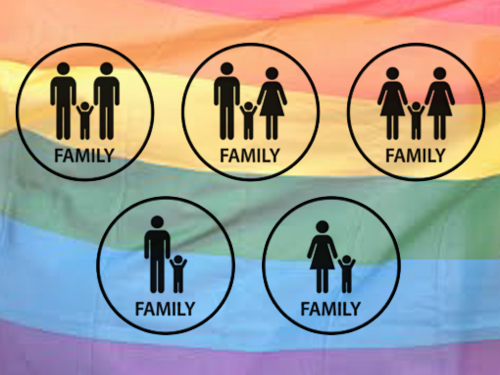


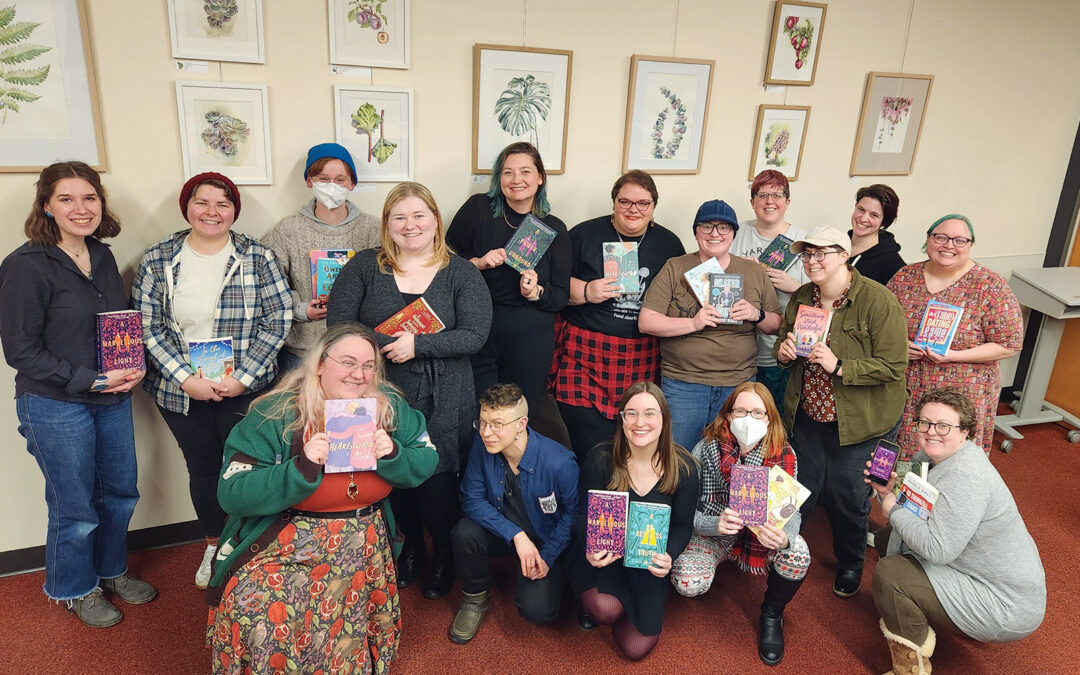
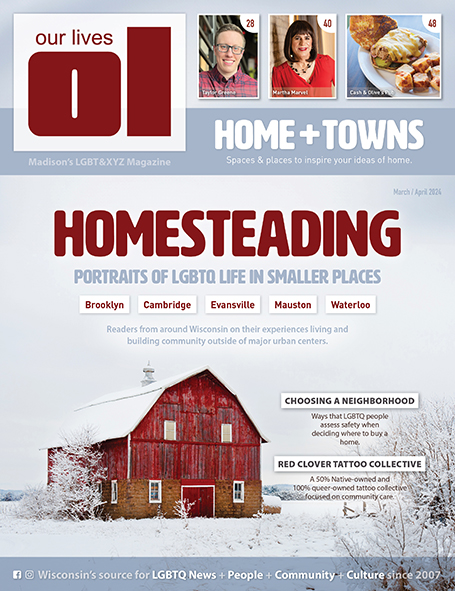
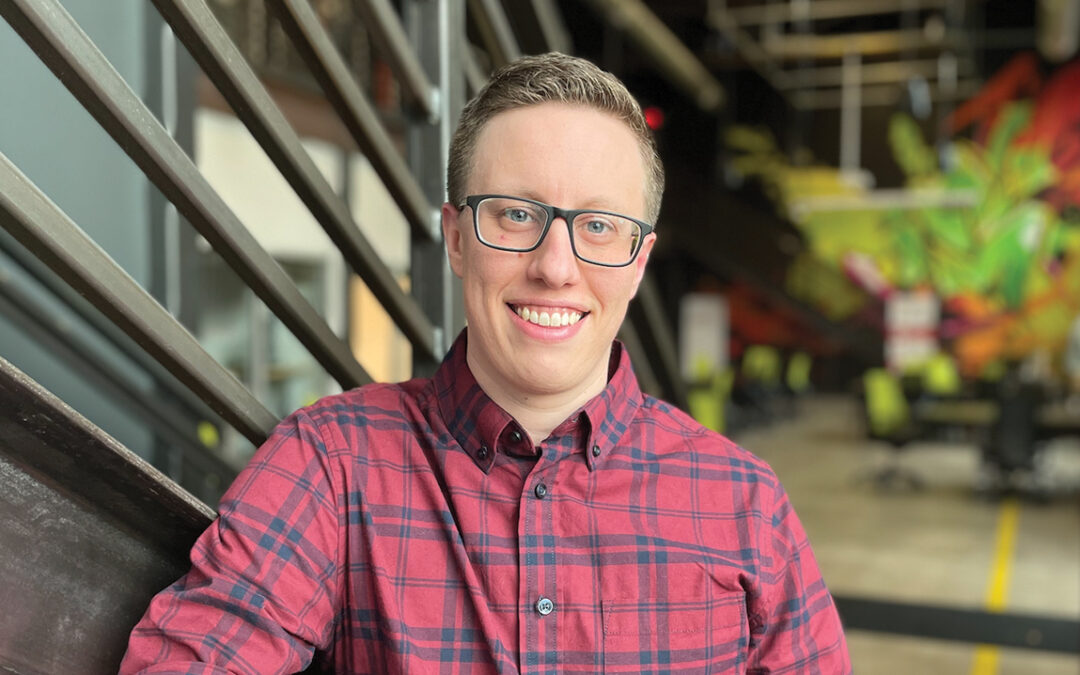
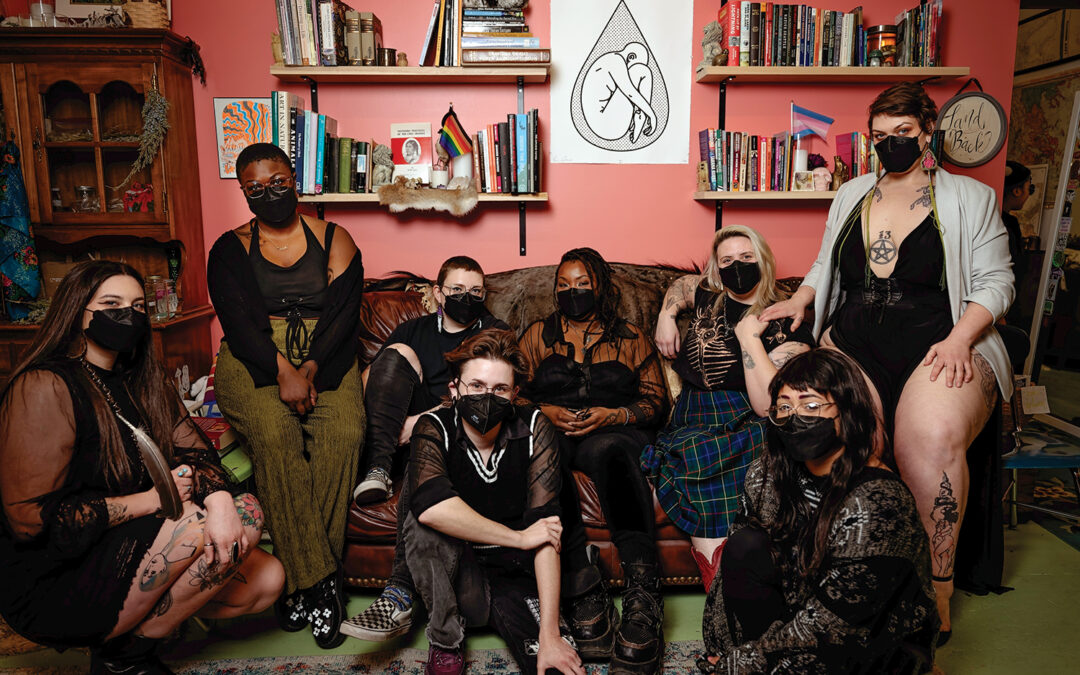
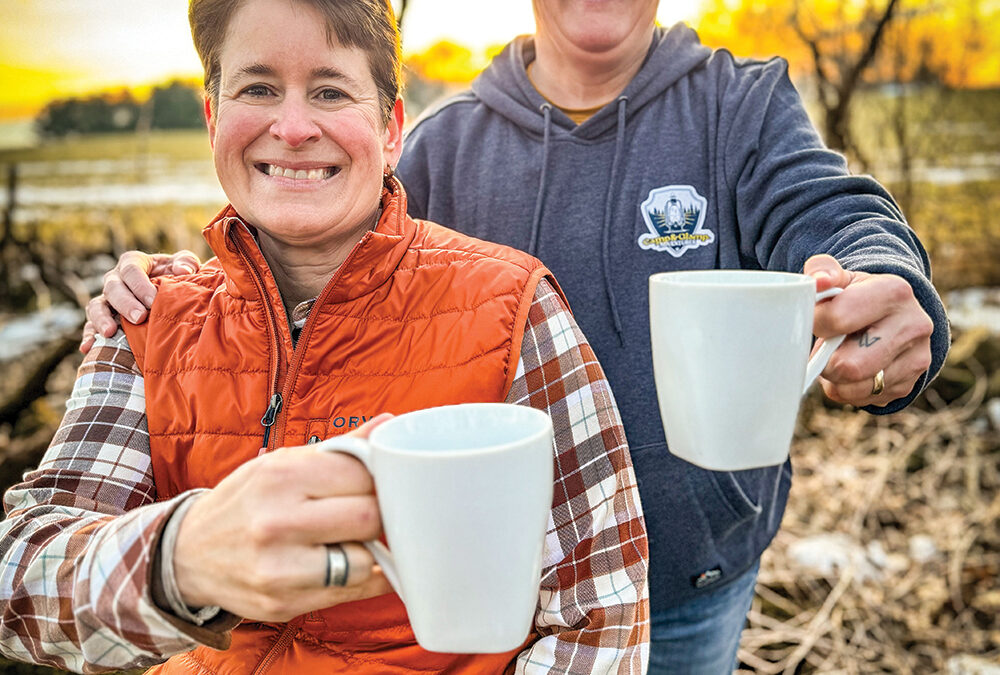
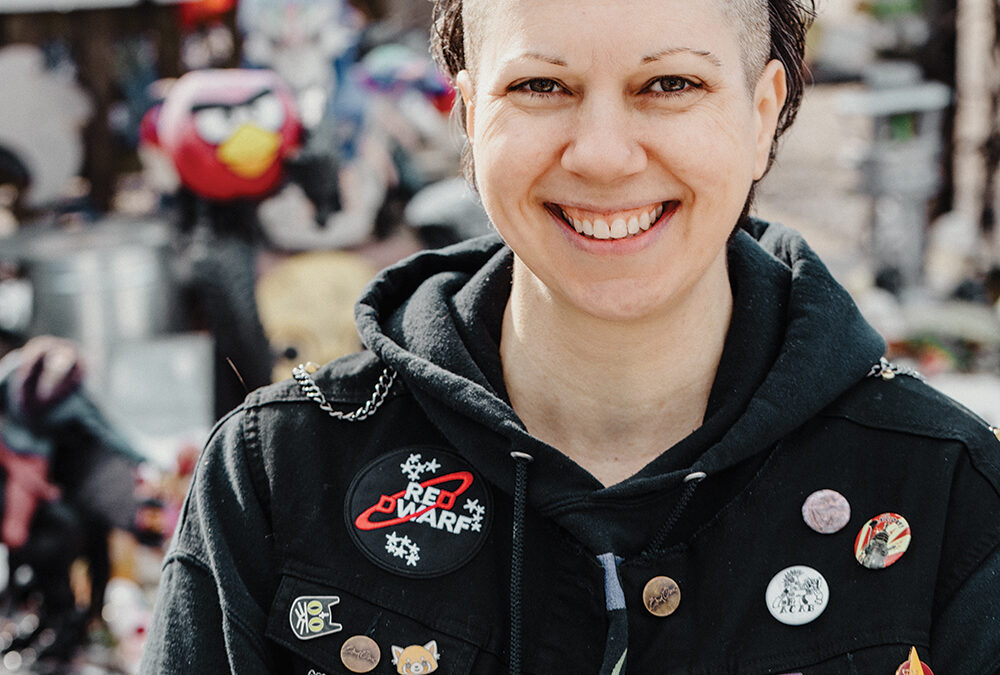

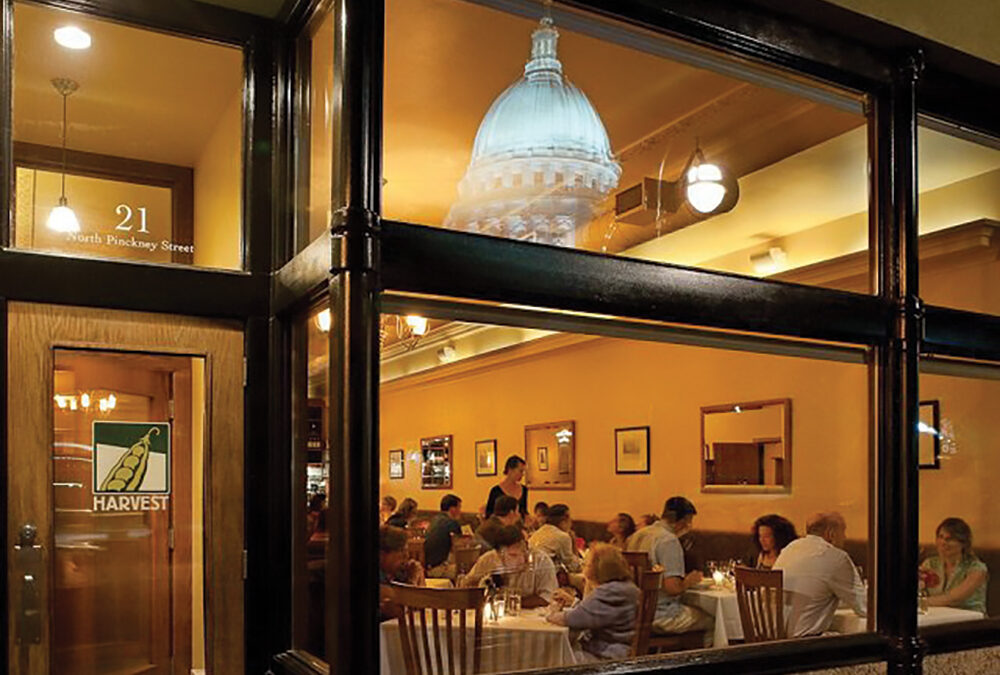
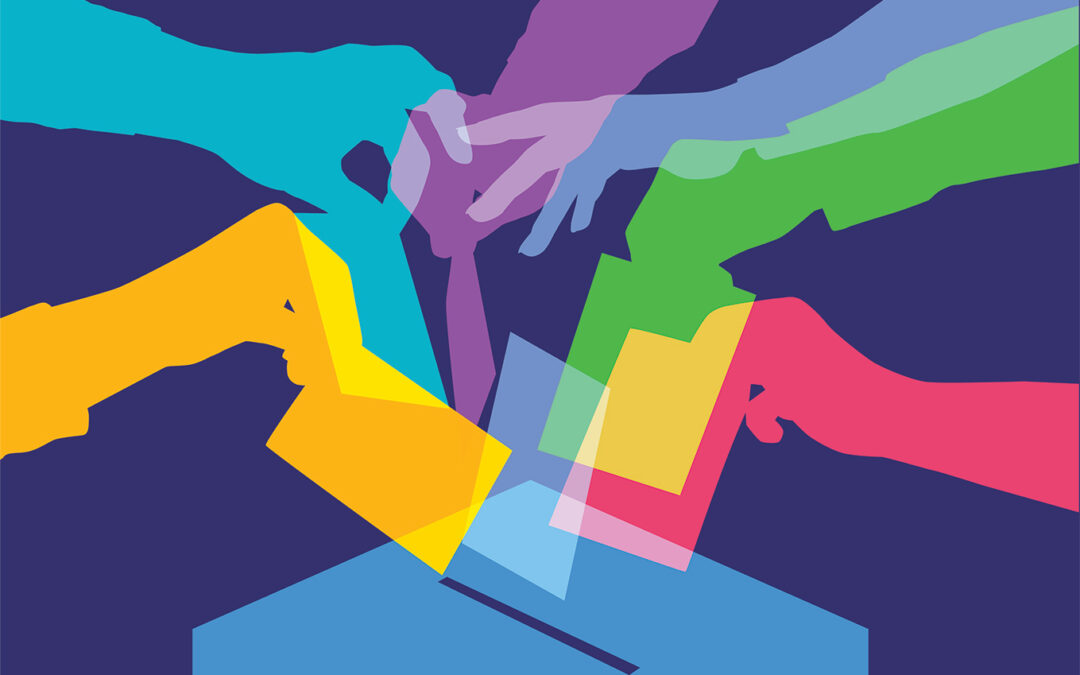
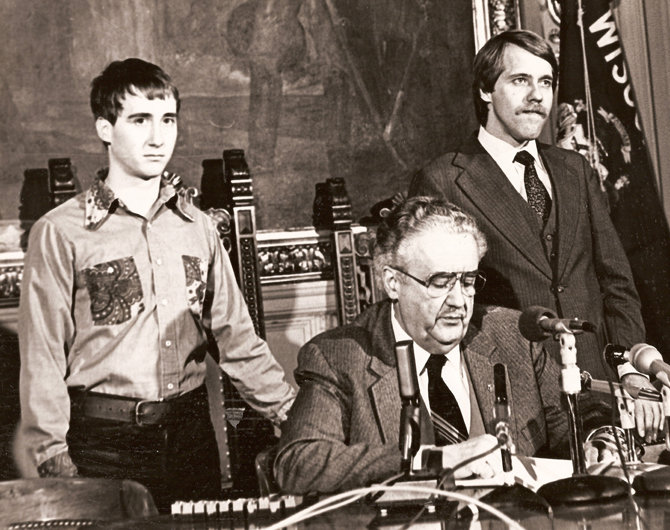










0 Comments